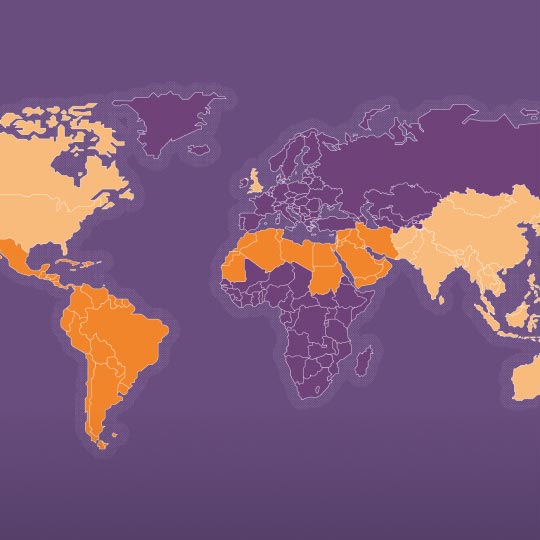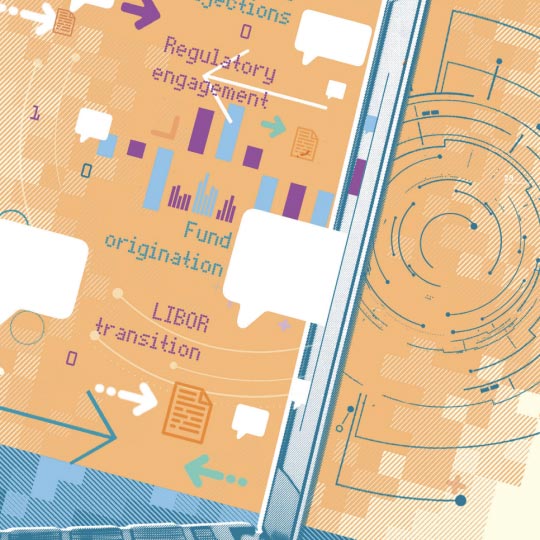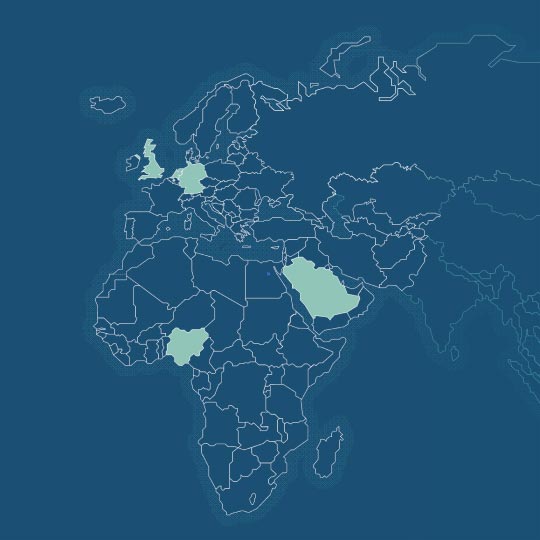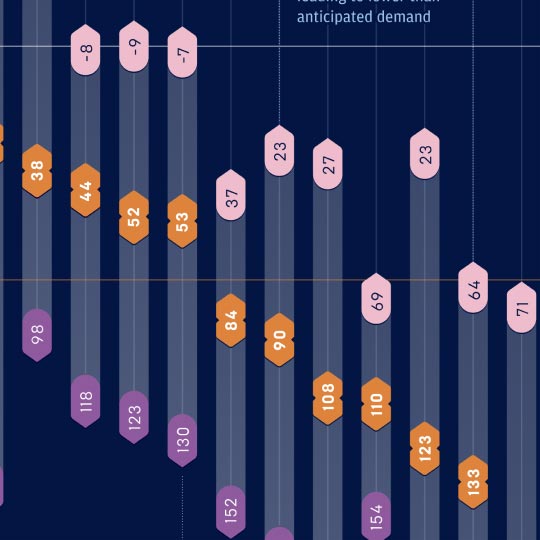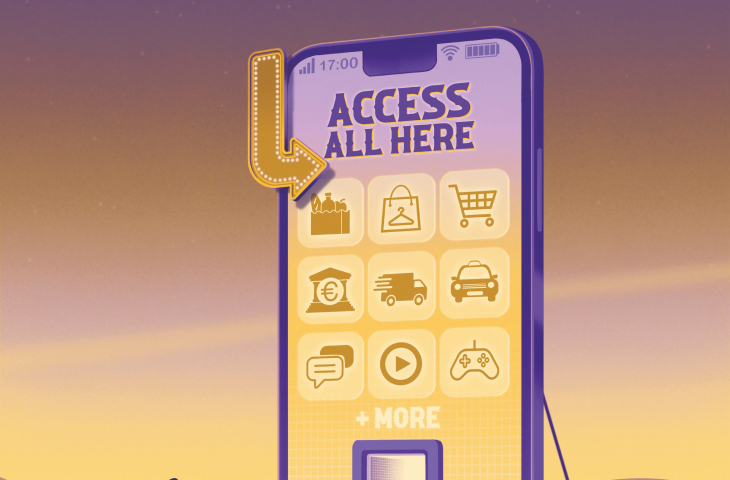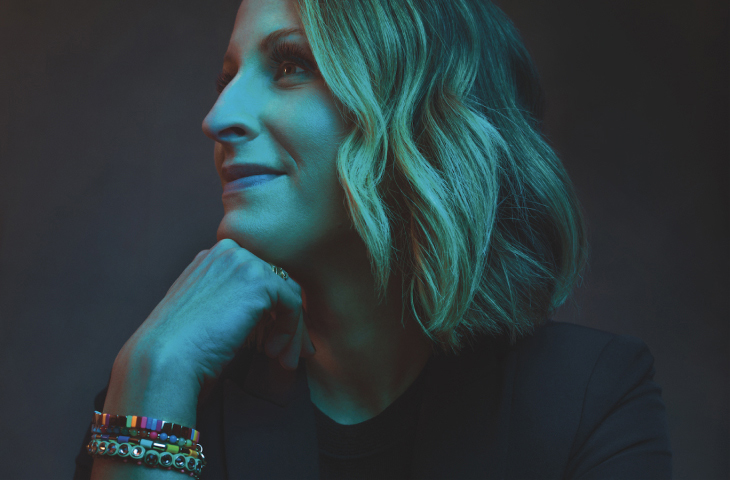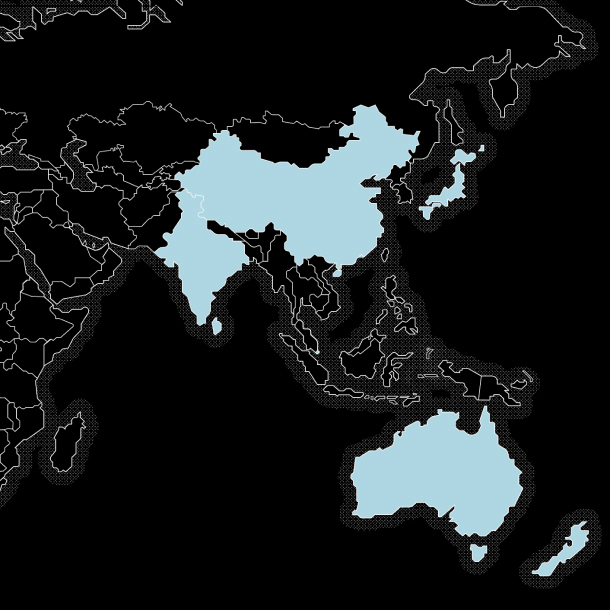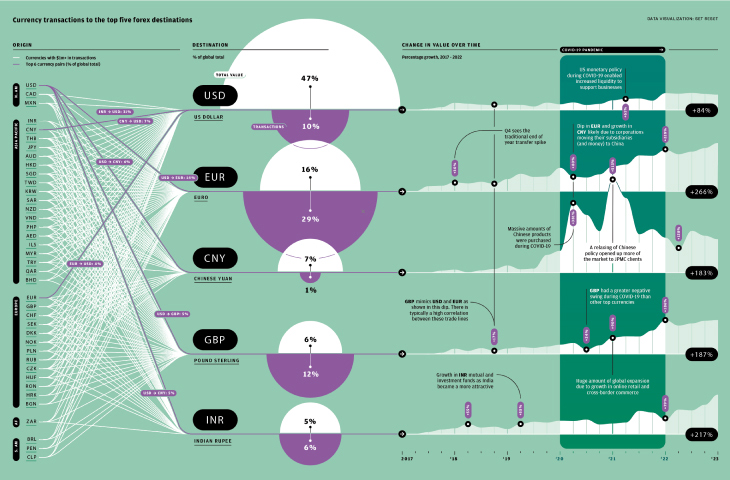For Companies and Institutions
-
Commercial Banking
We provide credit, financing, treasury and payment solutions to help your business succeed. We also offer best-in-class commercial real estate services for investors and developers.
-
Global Corporate Banking
We help clients achieve their long-term strategic goals through financing, liquidity, payments, risk management and investment banking solutions.
-
Investment Banking
Providing investment banking solutions, including M&A, capital raising and risk management, for a broad range of corporations, institutions and governments.
-
Institutional Investing
We support the entire investment cycle with market-leading research, asset management, analytics, execution, and investor services.
-
Payments
Your partner for commerce, receivables, cross-currency, working capital, blockchain, liquidity and more.
Key Links
For Individuals
-
Wealth Management
With J.P. Morgan Wealth Management, you can invest on your own or work with an advisor to design a personalized investment strategy. We have opportunities for every investor.
-
Private Bank
A uniquely elevated private banking experience shaped around you.
Explore a variety of insights.
Key Links
Insights by Topic
Explore a variety of insights organized by different topics.
Key Links
Insights by Type
Explore a variety of insights organized by different types of content and media.
Key Links
We aim to be the most respected financial services firm in the world, serving corporations and individuals in more than 100 countries.
Key Links
- Payments
- Payments Unbound
- Payments Unbound - The digital magazine
- Payments Unbound Articles
- What’s the Future for Western Super-Apps?
Featuring future-thinking clients
Payments Unbound unites clients from a wide range of industries to bring you innovative insights that help you navigate the future of payments.
What’s the future for Western “super apps”?
TWO SIDES OF THE SAME COIN
Super apps create a single interface to unify a broad ecosystem of service such as messaging, e-commerce and transport. With consumers making all of their purchases within one walled garden, the user engagement and data benefits are obvious and enormous. These apps have become a major part of the Chinese technology landscape, so we asked two leading experts: Could the concept successfully break through in Western markets?
Don’t expect Asian-style super apps any time soon...
“The first reason is that the U.S. has a history of a more fragmented app market. Generally speaking, the country has a lot more competition and less customer capture by any one app today. This fragmentation also applies to many Western markets more broadly. And there is just this general aversion in the West to knowingly relying on a single firm for the majority of everyday products and services.
The West also has an aversion to feature bloat. I think Western customers generally like less clutter than Asian customers when it comes to interfaces and apps. The other consideration is the comparatively slow adoption of digital payment systems [in the West]. A decent definition of a super app would include a common payment system embedded in the app. In the U.S., in terms of people’s willingness to use digital mechanisms to transact, I think things have come a long way. But even there, there’s still some aversion: Certainly a lot more so than in Asia. And in areas of continental Europe, cash is still the norm.
Finally, there’s the regulatory landscape. At the time the super apps started out in China, there were far fewer restrictions than you see in Western countries. That allowed them to become large, but it’s not something that the Western companies have the luxury of avoiding today.

By Dan Prud’homme
An assistant professor at Florida International University’s College of Business...But there’s hope that we might see “quasi-super” versions
“The business-to-business side is where we’re likely to see this play out first. The U.S. has 30 million small businesses, give or take. To run a business, they have to go through selling, marketing, managing inventories, accounting and legal forecasting among other considerations. That’s currently spread across multiple apps. So app companies realize the value in stitching all these together in one bucket. Companies are already trying to get into this space.
On the business-to-consumer side, people have been moving into the super app space, or what I would call “quasi-super apps”, for a fairly long time.
By 2025, we’re likely to start seeing some of the changes in this space play out at scale. You’re definitely seeing the development of super apps in travel and hospitality. You have ride-hailing companies moving from transport and food delivery into hospitality. You see it in entertainment, where you have audio-streaming companies going beyond radio into podcasts and a bunch of other services. Then you have logistics more broadly, where e-commerce giants are trying to push services like medical consultation, pharmacies, and groceries, in addition to content streaming and e-commerce, which takes it more into the super app space.
Regulations are making it harder for tech companies to profit from acquiring third-party user data, or sharing their own data with other companies. But you don’t have an issue with that regulation if all the apps are running on your infrastructure.”
BY WIRED
SOURCES: AS PER WIRED, MAY 2024
ILLUSTRATION: ADOBE STOCK / MACROVECTOR

Gopi Billa
Leader of Deloitte U.S. Financial Services Strategy and Market SensingMAGAZINE
Volume 5: Game Changer Volume 4: Ready Payer One Volume 3: Bank to the Future Volume 2: The New World of Commerce Volume 1: The Money Revolution Browse all articlesWEBINARS
View all webinarsYou're now leaving J.P. Morgan
J.P. Morgan’s website and/or mobile terms, privacy and security policies don’t apply to the site or app you're about to visit. Please review its terms, privacy and security policies to see how they apply to you. J.P. Morgan isn’t responsible for (and doesn’t provide) any products, services or content at this third-party site or app, except for products and services that explicitly carry the J.P. Morgan name.




